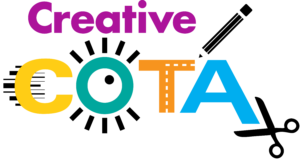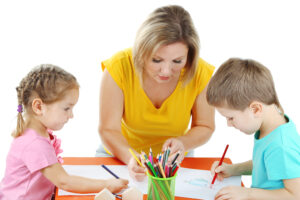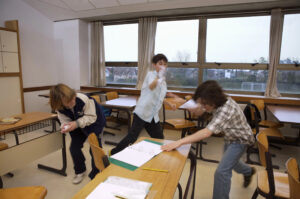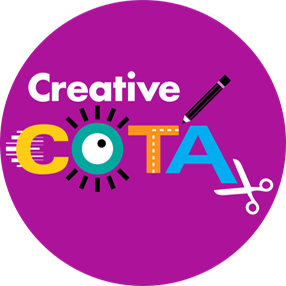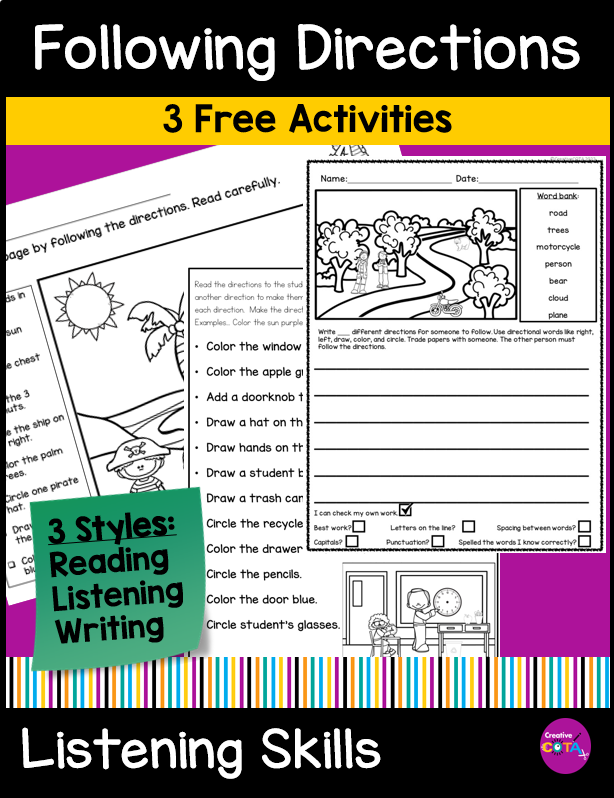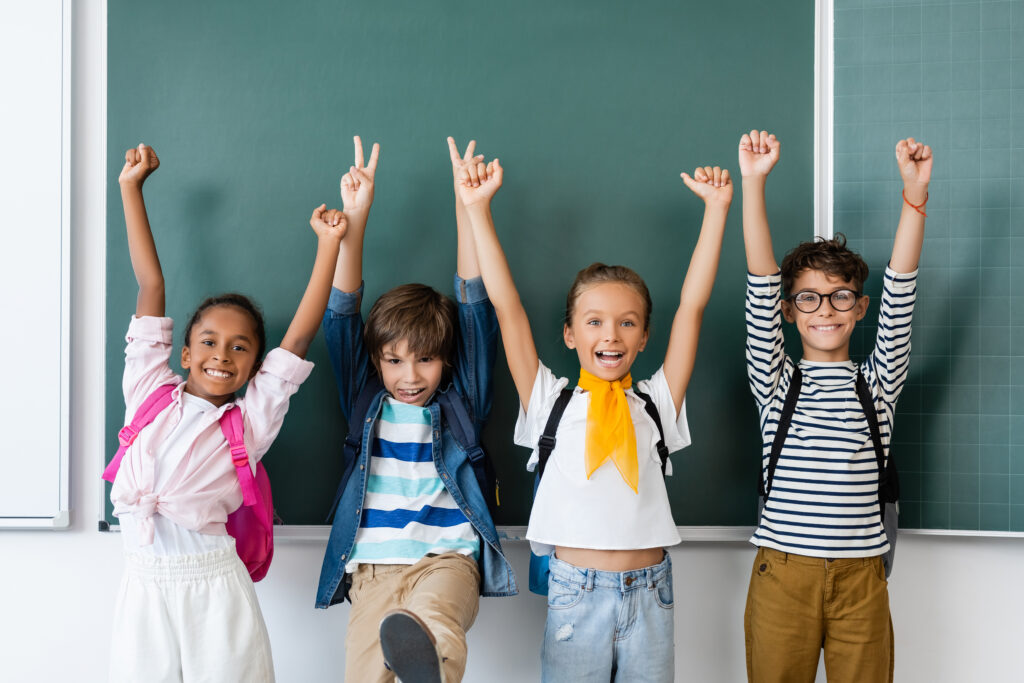
In today’s fast-paced and ever-changing world, the ability to navigate emotions and regulate behavior is more critical than ever for students’ success and well-being. As educators, occupational therapists, and school counselors, we play a pivotal role in equipping our students with the necessary coping strategies and self-regulation techniques to thrive in both academic and social settings. In this blog post, we’ll explore why teaching these skills is important for enhancing emotional intelligence and fostering social and emotional learning (SEL) skills among students.
1. Building Emotional Intelligence
Emotional intelligence encompasses the ability to recognize, understand, and manage one’s own emotions, as well as empathize with others. By teaching coping strategies and self-regulation techniques, we empower students to develop greater emotional awareness and resilience. They learn to identify their feelings, regulate their responses, and navigate interpersonal relationships with empathy and understanding.
2. Promoting Self-Awareness and Reflection
Coping strategies and self-regulation techniques encourage self-awareness and reflection among students. Through mindfulness practices, deep breathing exercises, and reflective journaling, students learn to tune into their thoughts and emotions, gaining insight into their triggers and coping mechanisms. This self-awareness lays the foundation for personal growth and self-improvement.
3. Enhancing Problem-Solving Skills
Effective coping strategies and self-regulation techniques enable students to approach challenges and setbacks with a problem-solving mindset. Rather than reacting impulsively or becoming overwhelmed by negative emotions, students learn to adopt a calm and rational approach to problem-solving. They develop resilience and perseverance, viewing obstacles as opportunities for growth and learning.
4. Strengthening Social Connections
SEL skills are essential for building positive relationships and fostering a sense of belonging within the school community. By teaching coping strategies and self-regulation techniques, we create a supportive environment where students feel safe to express themselves authentically and seek help when needed. They develop stronger interpersonal skills, empathy, and cooperation, laying the groundwork for healthy relationships both inside and outside the classroom.
5. Improving Academic Performance
Research has shown that students who possess strong emotional intelligence and SEL skills tend to perform better academically. By equipping students with coping strategies and self-regulation techniques, we empower them to manage stress, stay focused, and adapt to new challenges effectively. This resilience and ability to self-regulate contribute to improved concentration, engagement, and overall academic achievement.
6. Fostering Lifelong Well-Being
The benefits of teaching coping strategies and self-regulation techniques extend far beyond the classroom. By instilling these skills early on, we empower students to navigate life’s ups and downs with resilience and confidence. They develop healthy coping mechanisms for managing stress, anxiety, and other emotional challenges, setting the stage for lifelong well-being and success.
Find Social Emotional Learning Resources Here! and in my Free Resource Library.
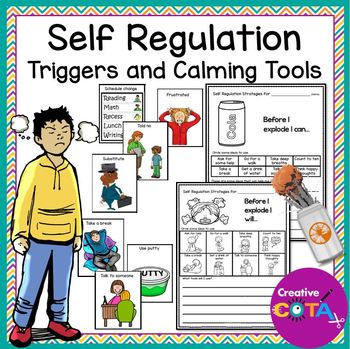
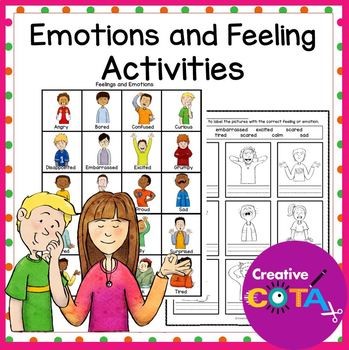
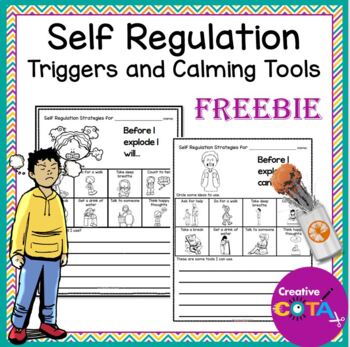
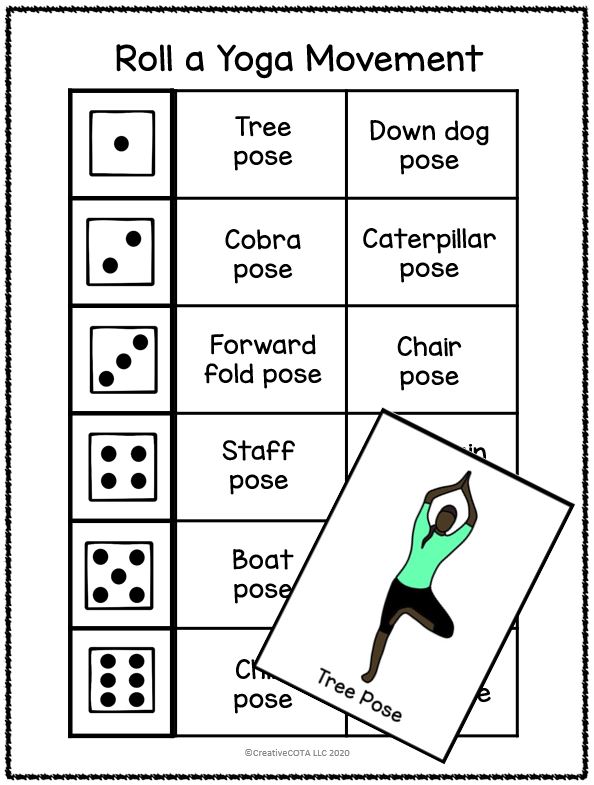
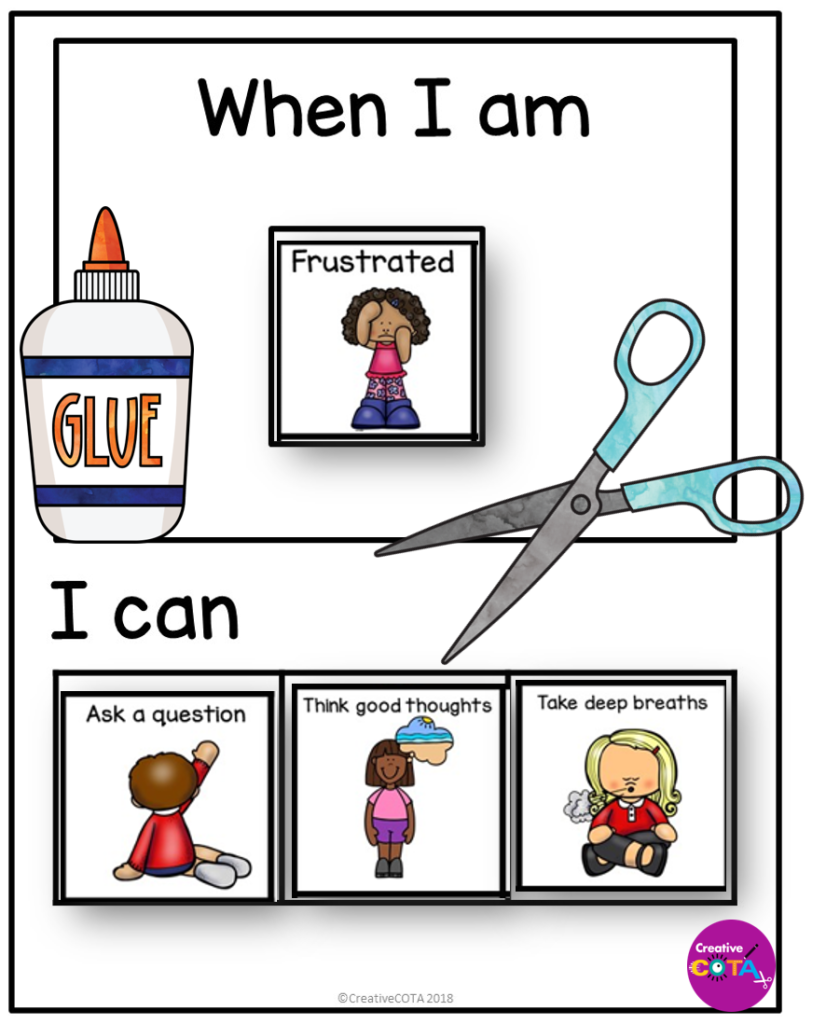
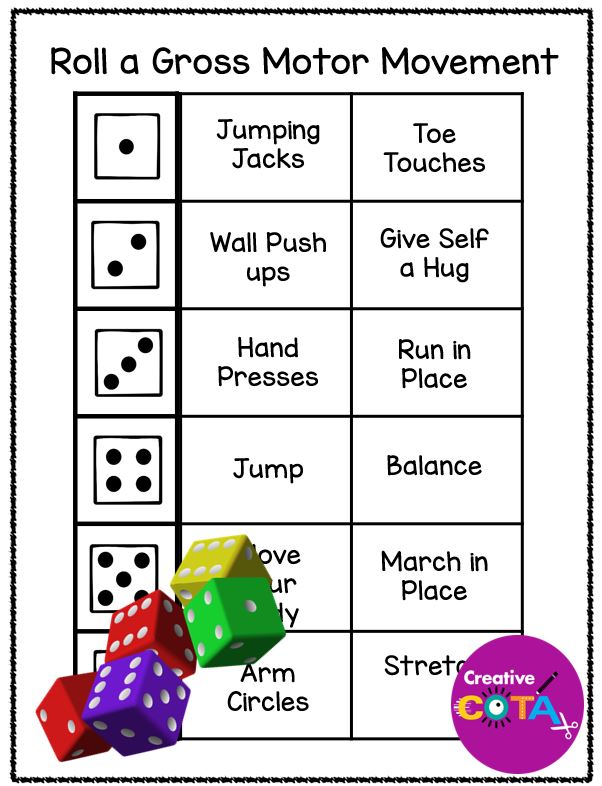
Check out this SEL Bundle that includes many of my Social Emotional Learning resources at a discount.

As educators, occupational therapists, and school counselors, we have a unique opportunity to empower students with the tools they need to thrive emotionally, socially, and academically. By teaching coping strategies and self-regulation techniques, we lay the groundwork for enhanced emotional intelligence, improved social and emotional learning skills, and lifelong well-being. Let’s work together to create a supportive and nurturing environment where every student can reach their full potential.
About the Author
I am a Certified Occupational Therapy Assistant (COTA) and have been working in a public school system for more than 25 years. My resources can be found on TPT, BOOM Learning, Made by Teachers, Classful, and Your Therapy Source. I appreciate your interest wherever you wish to shop.
My mission is to help you find creative ideas to incorporate fine motor, visual perception, gross motor, and social-emotional learning into your lessons.
I hope you consider signing up for my Free Resource Library with your Email. I send out emails about once a week and share resources, tips, and planning ideas for your classroom or occupational therapy needs. Hopefully, these help your students work on building their skills in a fun and engaging way.

